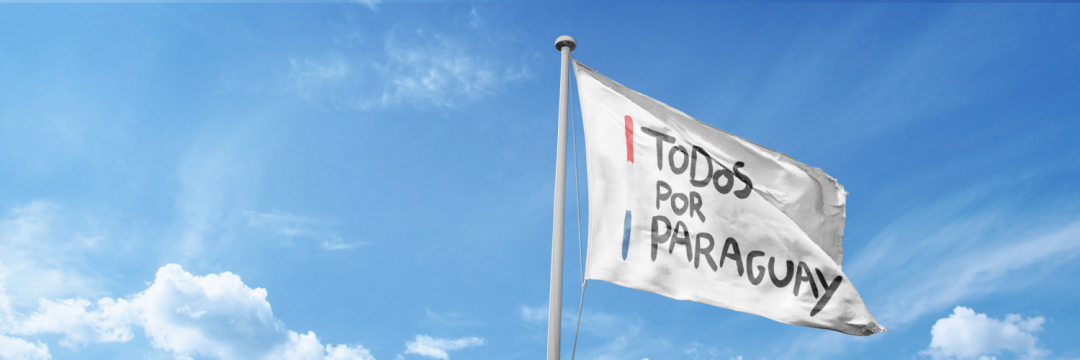Location(s)
Tags
SDG(s)
Sustainable Development Goal(s)
Powered by


SDG(s)
Sustainable Development Goal(s)
 3Good health and well-being
3Good health and well-being 9Industry, innovation and infrastructure
9Industry, innovation and infrastructurePlease be aware that the content herein has not been peer reviewed. It consists of personal reflections, insights, and learnings of the contributor(s). It may not be exhaustive, nor does it aim to be authoritative knowledge.
Project
Partners
Text
URL
Image

Comments
Log in to add a comment or reply.